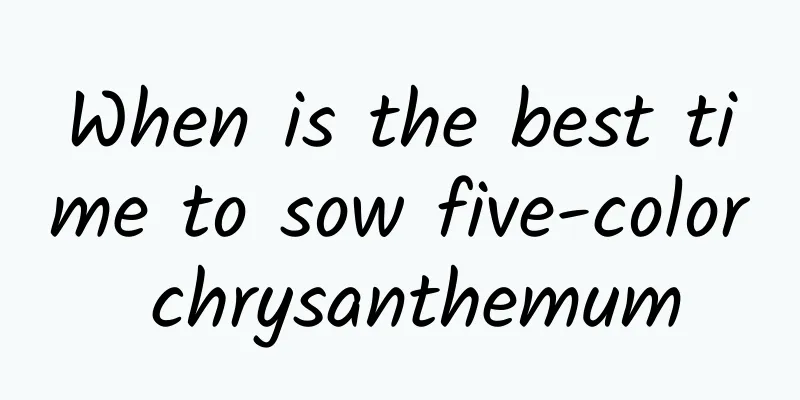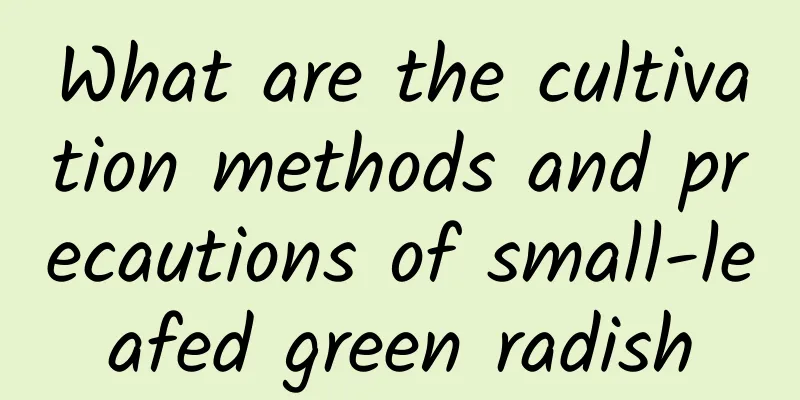Why don’t chicks eat?

|
Since chicks are still in the growth and development stage and have poor resistance, they will always encounter a series of problems during the brooding process. So why don’t the chicks eat? Let’s learn more about it below. 1. Poor breeding environment The environment in which the chicks live is uncomfortable, for example, the temperature is too high or too low, the farm or its surroundings are seriously polluted, the farm is too crowded and cannot be ventilated and heat dissipated well, etc. They may also become wilted and stop eating. 2. Feed problem Inappropriate feed or nutritional deficiencies may affect the chicks' appetite. In addition, improper feeding methods or irregular diet may also cause chicks to lose their appetite. The correct approach should be to ensure that feeding is done on time and in fixed quantities, while ensuring the freshness of the feed, and regularly cleaning feeding tools such as drinking water and troughs. 3. Water quality reasons Generally, the drinking water for chicks needs to be cleaned through the water line, but the conventional cleaning methods cannot completely remove the water line biofilm in the drinking water, so the drinking water is prone to breed bacteria, causing diarrhea in the chicks, and the feed intake will continue to decrease. Therefore, the water must be cleaned to ensure that no bacteria can grow. 4. Inappropriate lighting Uneven light distribution, insufficient light intensity or excessive light intensity in the chick house will cause uneven distribution of the chickens, resulting in low feed intake for some chicks. Therefore, in order to arrange the lighting plan reasonably, the general lamps should be 2 meters away from the ground, the distance between the lamps should be 1.5 times the height of the lamps, and they should be arranged in a staggered manner. The caged lamps should be placed above the walkway, and attention should be paid to the illumination of the lower chicken cages. 5. Poor ventilation If the carbon dioxide content in the brooding house is too high, the chicks' breathing rate will increase significantly, their appetite will decrease, their growth will slow down, and their physical fitness will decline. Therefore, during brooding, we must pay attention to ventilation, provide fresh air for the chicks, and expel harmful gases in the house in time. 6. Infected with coccidiosis Chicks will also stop eating if they have coccidiosis. This disease often occurs in chicks aged 14-40 days. For prevention and treatment, you can mix 100 grams of chlorpyrifos with 200 kilograms of water and use it for 3 consecutive days. In general, through the above observations, we can roughly determine the specific reasons why the chicks are not eating, and then take timely measures to make adjustments, so that the chicks' appetite will slowly recover.
|
<<: When does iris bloom and how to care for it during the flowering period
>>: How to plant Impatiens and how to spread seeds
Recommend
How to grow lucky bamboo in soil
1. Temperature It prefers temperatures between 20...
Common diseases of Cosmos and their prevention and control methods
Common diseases of Cosmos: leaf spot Symptoms The...
Is it auspicious to grow trumpet creeper at home? Is it good to grow it in the living room?
1. Is it auspicious to keep trumpet creeper at ho...
How to sow bicolor jasmine
Sowing method Seed selection Before sowing, the s...
What flowers are suitable for growing in Baoji? What are the city flowers and trees?
1. Climate characteristics of Baoji Baoji has a c...
Does Jianlan prefer shade or sun?
Does Jianlan prefer shade or sun? Jianlan is easy...
What to do if the leaves of green radish wilt in winter
1. Keep warm Reason: If the temperature in winter...
What to do if daffodil roots rot
1. Treatment of soil-cultured root rot 1. Trim of...
Key points for growing petunias in pots at home
1. Location It is best not to place it on a north...
How to water Dendrobium
Key points for watering Dendrobium Dendrobium has...
Flowering period and management of rue
Flowering period of rue The colors of the rueba a...
When is the best time to prune grapes?
Best time to prune grapes Grape pruning is usuall...
How to deal with rotten roots of green radish in winter and how to trim rotten roots
1. Change the maintenance method 1. Adjust the te...
What to do if jasmine leaves are dry and burnt
1. Reasonable watering 1. Reason: Too much wateri...
What should I do if the peace tree does not grow new leaves?
1. Reasons for not growing new leaves Insufficien...









